Good morning. Welcome to the Saturday Read, the New Statesman’s weekly guide to politics, culture, books, and ideas. This is Harry, along with Pippa and George.
Today’s Saturday Read is a modest size after last week’s spring issue. We’ll be back with more next week. Politically-minded SR readers may be interested in subscribing to our daily political newsletter. Stay up to date ahead of two major elections this year.
If you are a long-time Saturday Reader and regularly find yourself intrigued by our pieces, why not subscribe to the NS? You can sign up for £2 for two months today.
1—“Its deep red colour bleeds outwards, engulfing the screen.”
Gavin Jacobson, who wrote our viral hit on Waterstones Dad last year, started The Salvo – a Thursday Ideas newsletter – for us eight weeks ago. This week’s, on The Zone of Interest, manages to say something new about it after all the reviews. HL
Paradise may have been lost in Eden, but for Rousseau, the wild and rustic garden was also the place where innocence might be regained. In Jean-Jacques Rousseau: La transparence et l’obstacle (1957), his masterpiece on the life and work of the Genevan, Jean Starobinski writes that “Plants, symbols of nature’s purity, purify Jean-Jacques; it is as though plants possessed the magic power to bestow their innocence on the person contemplating them”.
Is this why, in one of Zone’s early scenes, Hedwig holds her and Höss’s baby up to the flowers, hoping that the roses and dahlias will preserve it from the unspeakable sins being committed beyond the wall? For the whole family and their staff, whose lives unfold to an abominable soundtrack – the low thrum of furnaces, the belching of smokestacks, the “crack crack” of gunfire, the steam whistle of the next transport, the screams of parents violently separated from their children – the garden is where they retreat, not to shut out the atrocities but to search for an lost and irretrievable innocence.
2—“IS has traditionally condemned Hamas but has rallied behind the Palestinian cause.”
Many people were surprised by the return of Islamic State to the headlines with the attack on Moscow. Shiraz Maher says they shouldn’t have been. PB
Aaron Zelin, a research fellow at the Washington Institute, runs a “worldwide activity map” tracking IS’s global footprint. His results make for sobering reading: the group has claimed responsibility for 5,273 attacks since 2019 outside of its primary arenas of activity in Syria and Iraq. Although the majority of its attacks have been concentrated in Africa, followed by Afghanistan, the most devastating and spectacular have this year taken place in Iran, Turkey and Russia.
3—“Democrats must address high-street grievances in strong, genuinely populist terms.”
Sohrab has written a ferociously sane column on the latest Trump media storm, the ‘bloodbath’ affair. GM
That message will no doubt resonate with Democratic-leaning voters and the upscale, suburban subset of Republicans who backed Nikki Haley in the GOP primary. But will it persuade (to describe a typical case) the union member in Michigan who supported Barack Obama in 2008 and 2012, but then rallied to the Republican banner in 2016 because Trump spoke to their well-justified anxieties about free trade? It’s doubtful.
Talk of “defending democracy” in the abstract doesn’t excite anyone outside affluent postcodes and Atlanticist think tanks. In Trumpy voters’ minds, democracy is just what they will do when they cast their ballot come November. And democracy means they have the right to vote for someone who “says a lot of crazy things” or engages in “nasty antics”, but who nevertheless “has a point” (to recite the things pollsters and journalists often hear when they talk to such voters).
4—“Many voted for change when they got the chance.”
Claire Ainsley explains why the red wall is only getting redder. And Ben Walker has set out the threat Reform poses to the Tories – click through from his graph. GM
But the Tories have misunderstood and mischaracterised today’s working class and their 2019 vote. The vast majority of those who supported the Conservatives in more working-class areas were primarily motivated by economic concerns, and they have been failed by the Tories’ economic record and serial incompetence. Today’s working-class voters are much more diverse than outdated stereotypes suggest: they are on low-to-middle incomes, multi-ethnic, and living in towns and suburbs across the UK. They have borne the brunt of stagnant wages and rising prices.
Virtual reality training is helping professional welders like Shanna Ford build the muscle memory they need to succeed as welders.
5—“Spotify won.”
Taylor Swift, Neil Young, Joni Mitchell and Thom Yorke all boycotted the streaming giant. Eventually, writes Ellen Peirson-Hagger, they gave up. PB
Is there anything we can do to reclaim the world of music from the hands of a few tech entrepreneurs? The Grammy Award-winning artist James Blake thinks he has a solution in Vault, a subscription service he launched this week after a series of viral tweets about the poor state of streaming royalty payments. Vault is a direct artist-to-fan platform. Listeners pay $5 a month to have access to an artist’s “vault”, a database of unreleased material. The idea is that the set-up incentivises artists to make the music they want to make, rather than relying on their label to green-light songs according to their potential for virality.
6—“London theatre is in an artistic crisis.”
John Cassavetes’ Opening Night has been made into a musical, for reasons that remain unclear to Kate Mossman. PB
Watching fictional, highly-strung middle-class creatives straining to make their art feels less and less relevant, and without the intimacy of the film camera the suffering of the lead actress loses its immediacy. Early in proceedings, she witnesses the death of a young fan, who is hit by a bus straight after getting her autograph: she becomes tormented by this, and the woman (Shira Haas) appears, following her about like a kind of Banquo-esque doom-sprite. In the movie, this is a big part of the story, but in the musical, the tragic core is in no way strong enough to withstand all the nonsense that is going on around it.
7—“The partnership of Tversky and Kahneman is a case study in true collaboration, an aggregation of pluses.”
Revisit Ed Smith on Daniel Kahneman (from 2016), in the wake of the great psychologist’s death this week. GM
Their individual qualities, when united, became more than the sum of their parts. In their partnership, they found a balance (between boldness and scepticism) that was elusive for them as individuals. It felt like sharing a joint mind. Tversky brought combative sparkle and formal brilliance, tempered and directed by Kahneman’s uncertainty and self-critical sensibility. “I’m not a genius,” Kahneman said. “Neither is Tversky. Together, we are exceptional.”
8—“I’m tired of deleting death threats.”
Will Dunn interviews the economist Claudia Sahm, who has caused outrage by pointing out that Biden’s doing quite well. GM
Sahm, whose expertise in forecasting recessions is so well established that a key recession indicator (the Sahm Rule) is named after her, disagreed. Every survey and dataset she looked at – income, wealth, real wages, jobs, household surveys – told the same story, that most Americans are considerably better off than they were in 2019. The Federal Reserve’s survey of consumer finances showed “historic gains in inflation-adjusted wealth from across these three years. And it was everywhere… every age group, every income group, every wealth group, racial group”. The wealth of the median American household jumped by 37 per cent in three years.
George’s Best of the Rest
Reuters: Huge Baltimore bridge collapses after ship crash, mass casualties feared
NYT: UN Security Council passes ceasefire resolution. (Inconsequentially.)
David A Graham: Donald Trump’s nine lives. Well he’s certainly a cheetah.
Melina Moe: On Toni Morrison’s rejection letters. She didn’t belove these ones.
Sam Knight: What have 14 years of Tory rule done to Britain?
Suzy Weiss: Who’s afraid of Andrew Huberman?
Ruchir Sharma: The global economy’s weakest links are on the mend.
Animal lover’s rescued baby hedgehog turns out to be hat bobble. Hate it when that happens.
Coldplay urged to sing ‘Orange’ not ‘Yellow’ for Luton fans.
Lego asks police to stop covering suspects’ faces with Lego heads. They asked them to Lego of the practice.
North Korea censors Alan Titchmarsh’s trousers on gardening show. [Quip censored.]
Book of the Week: Melting Point (2024)
“I think how little we can hold in mind,” WG Sebald wrote in Austerlitz (2001), “how everything is constantly lapsing into oblivion with every extinguished life, how the world is, as it were, draining itself.”
I loved this line, featured in Erica Wagner’s review of Rachel Cockerell’s remarkable new book which has an unusual format and has intrigued critics. HL
The lack of authorial interpretation allows the reader, particularly in the first and second sections of the book, to become fully immersed in the times. Yet sometimes one wishes for more context, however challenging it would be to give it. It’s an interesting question as to whether authors can now assume that since we all have smartphones in our pockets we can simply look up “Shmarya Levin” and go from there…
When in 1902 Herzl visits the colonial secretary Joseph Chamberlain, “the famous master of England”, as he calls him, the British attitude to the situation of the Jews, and the British position in the world, is revealed. “The most striking thing about the interview was that he didn’t have a very detailed knowledge of British possessions which undoubtedly are at his command now. It was like a big junk shop whose manager isn’t quite sure where some unusual artefact is in the stockroom. I need a place for the Jewish people to assemble. He’s going to take a look and see if England happens to have something like that in stock.”
As Israel pounds Gaza to rubble, we live with the legacy of this attitude to this day. Cockerell shows, doesn’t tell, and the reader is left to consider how no family’s story can be disentangled from history’s complex web.
If today’s pieces intrigued, you can subscribe to the New Statesman below. Stay up to date with everything from news and analysis to comment, criticism and essays.
Whether you’re looking for a sharp blog or a finely written feature, the New Statesman has you covered. Have a good week, and catch you next Saturday.








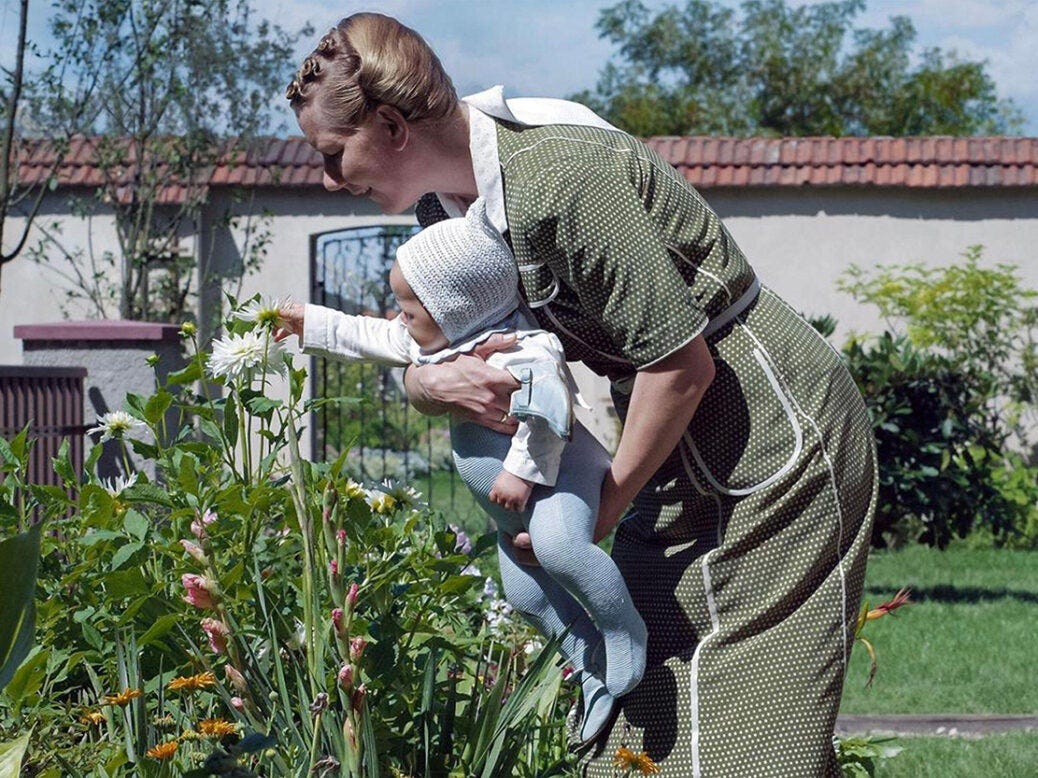

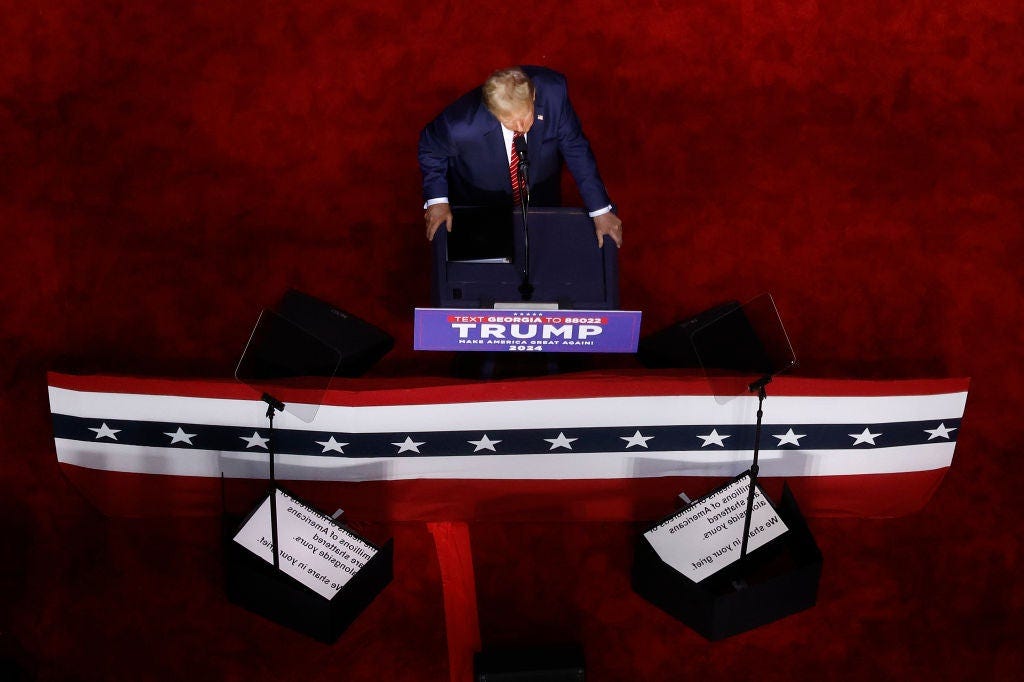
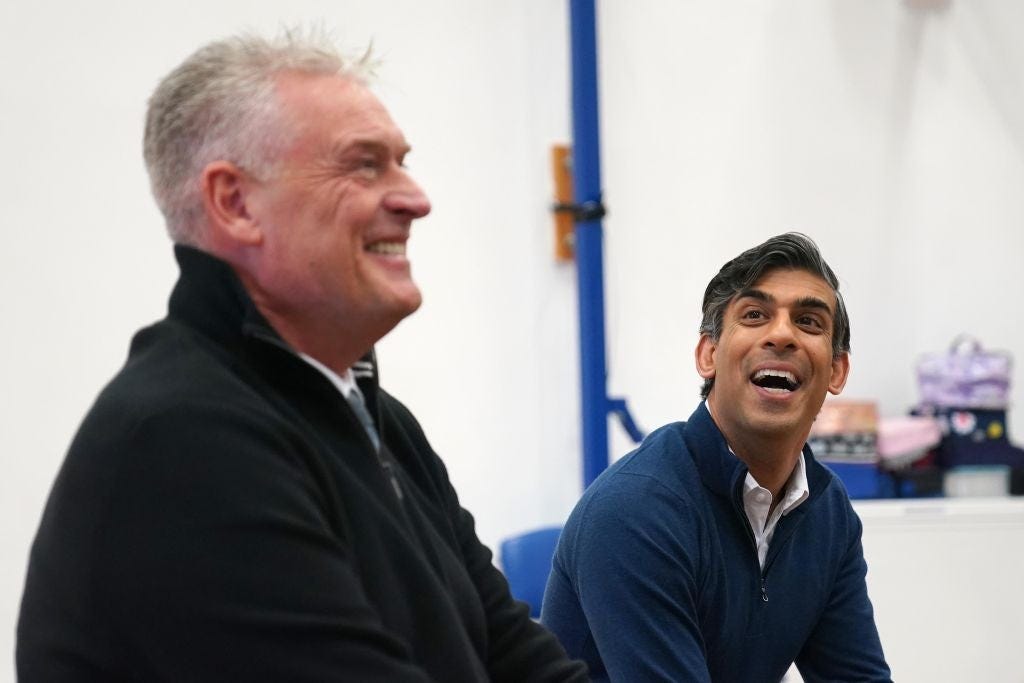
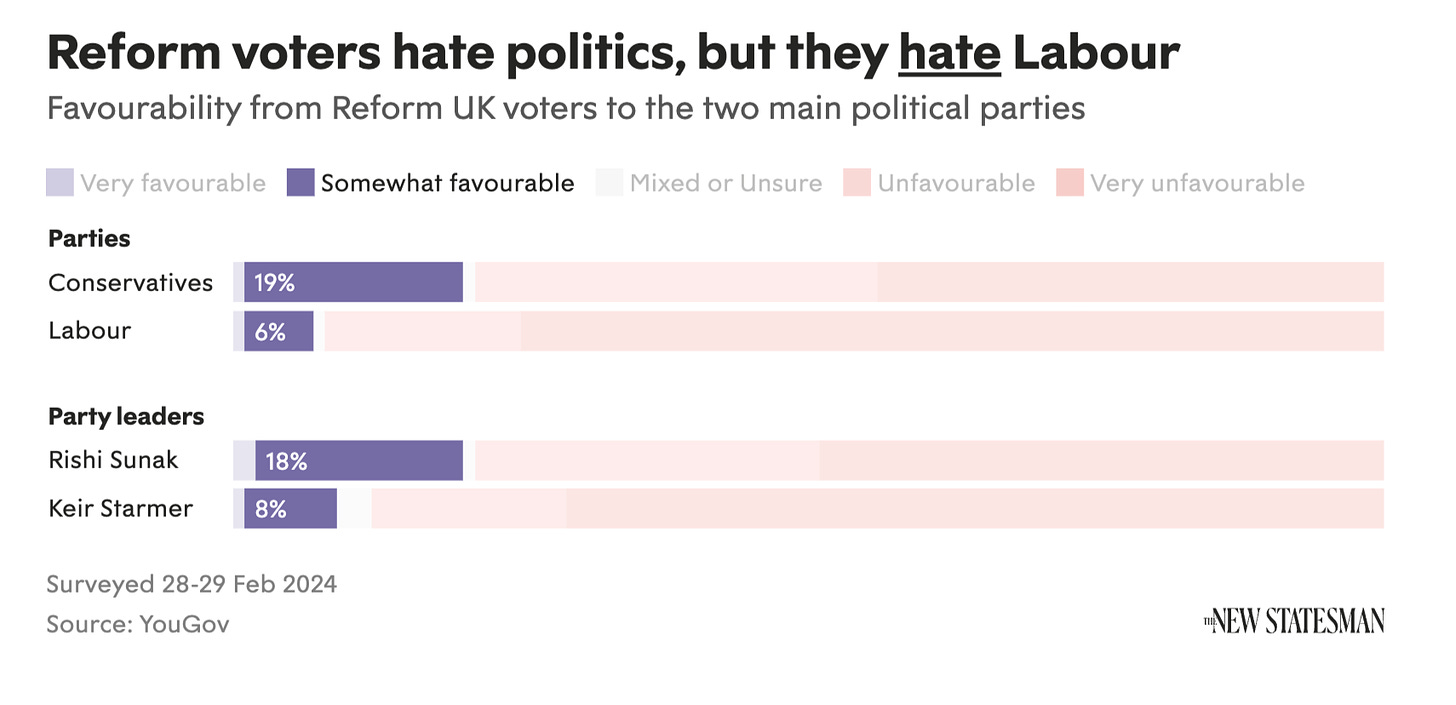


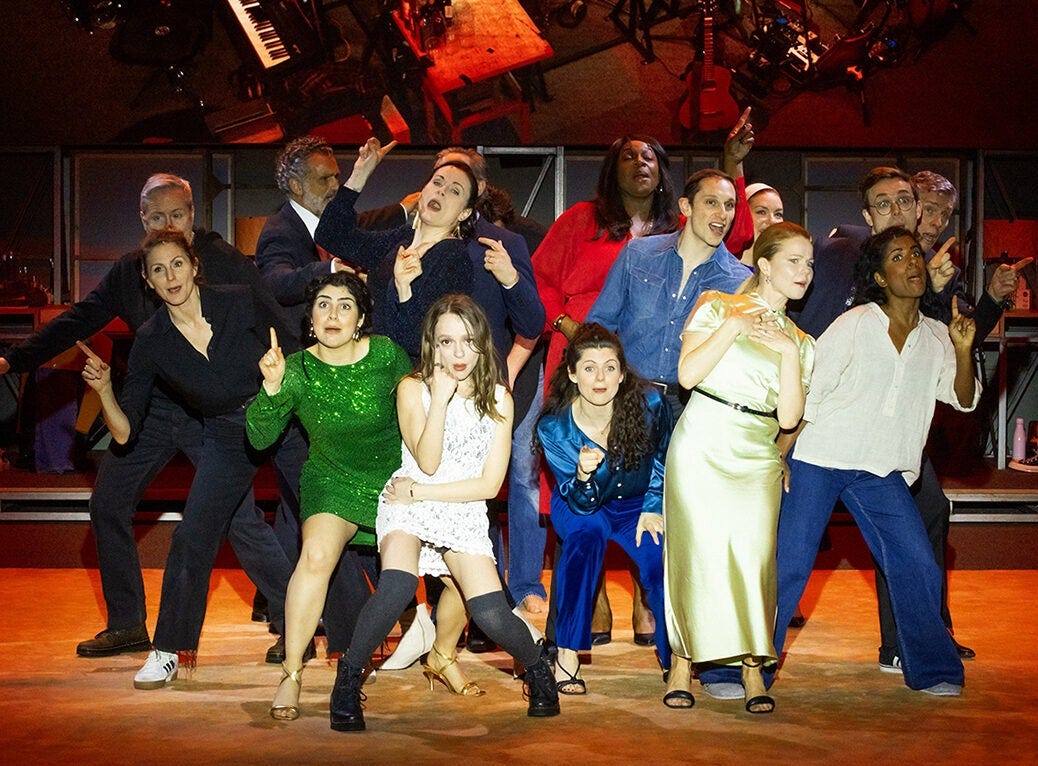
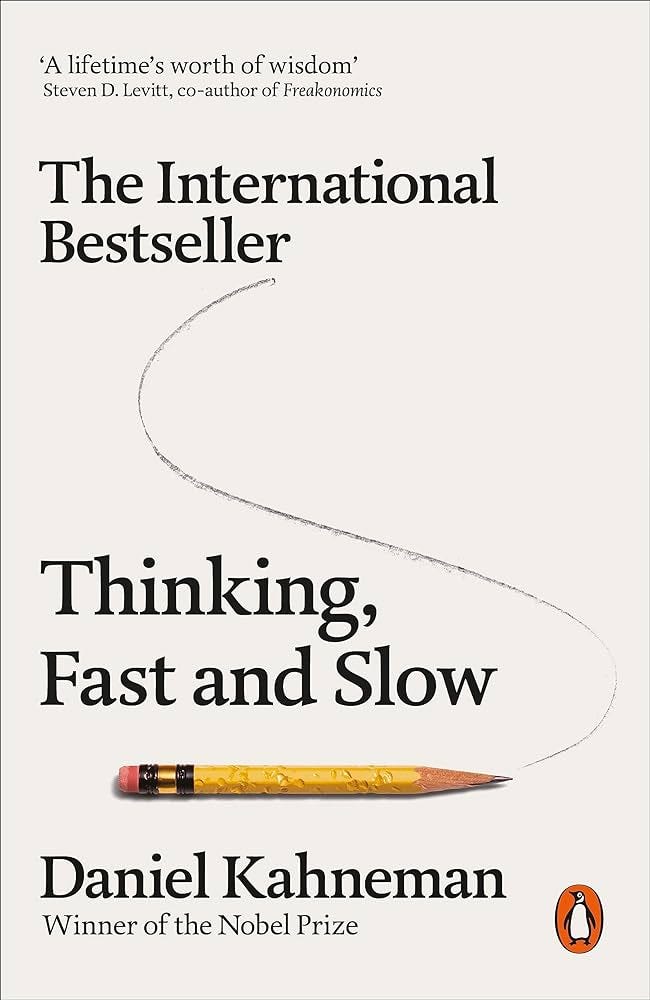

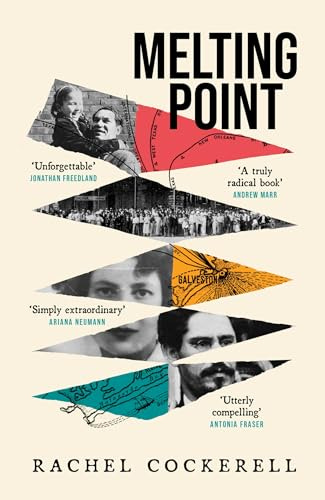
I really enjoy reading the NS every week in both the hard copy version and the various electronic editions. It may betray my own learning style but I always scrolled down first to the ‘graph/statistic of the week’. Disappointed therefore that you seem to have dropped that feature or have I just missed it? Keep up the good work anyway.
In 1902 the Ottoman Empire ruled Palestine and most of the land around it, including Gaza. How can anyone blame Britain for today’s disaster in Gaza.